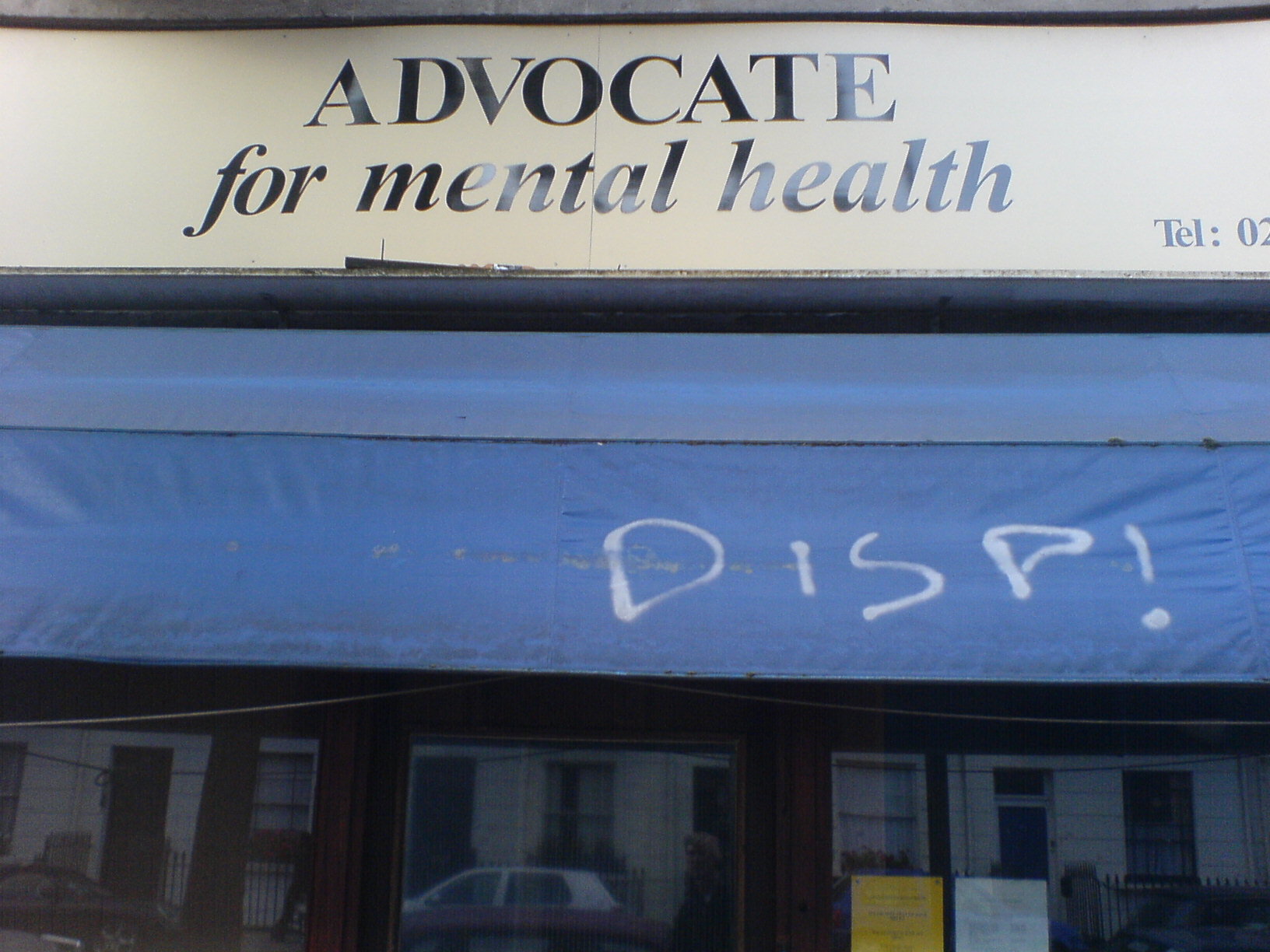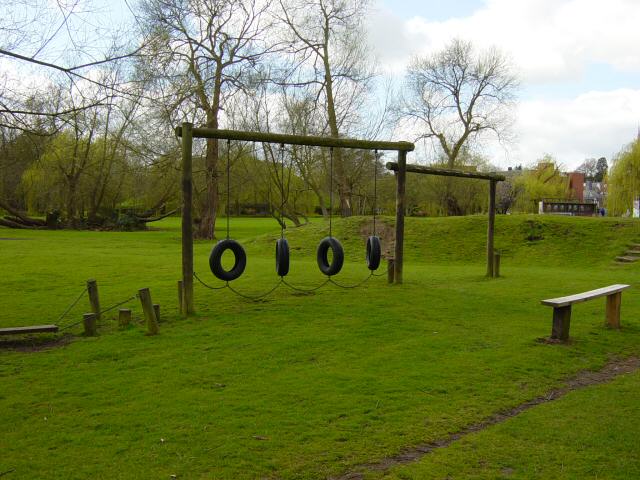Harm. My life is a tangible example of self-abuse
and self-harm. This was the reality I
had to face when my doctor, yet again, suggested I quit smoking because of the
condition of my lungs. What I really
wanted was some medicine to continue my cycle of abuse. He refused to oblige my request.
Now
what was I going to do?
I
really had to ask myself that question and I actually expected a response. Anyone who knows me knows the response had to
be reasonable, logical and part of the solution as it related to my physical and mental health.
So, I
made a decision. Since I could not logically rationalize smoking until the
bitter end of its consequences – death, I decided to quit, yet again! But, this time I
would prepare in ways I had never done before.
My behavior was
killing me
I started smoking cigarettes because I was hopeless. At the age of 14, I always told my friends
that smoking was a horrible habit that just didn’t make sense to me. I swore I would never do it.
But, there was a disconnect in my life. As a child, I was taught to do the right
thing, follow my parents rules’ and good rewards would be the result. So, I did the right thing, strived to live up
to their expectations and every summer ended up on punishment. I always ended up in trouble.
What I didn’t understand was my father was afraid to let his
daughters grow up. So to protect us from
the world, he decided to keep us locked and confined to the family neighborhood
in hopes of shielding us from society.
My adult mind discovered the harm of this behavior in therapy. Yet, the mind of a child struggled to make
sense of the injustice.
My parents loved me, but my dad had a dysfunctional form of
parenting that, in the end, left me hopeless in addition to powerless. The only thing I could do was turn my anger
at the injustice of his decisions onto myself.
So, I marched up to my then best friend, told her to give me a
cigarette, and after a brief justification of my irrational thought process,
she obliged.
History of Quitting
Honestly, I have probably successfully quit five times. I have probably tried to quit, without any
good results, 1,000 times. When the
nicotine patch came out, I initially was not allergic to the patches. But, as fate would have it, I developed an
allergy after I kept trying to quit using that method and never quite reached
the goal. Smoking cessation classes and
prayer and meditation and people to partner with as I ran to reach the goal all
proved that I could, at any given moment, return to hurting myself one
cigarette at a time. And, I always did.
The Abuse Stops Now!
In 2013, I told myself I was going to quit smoking. My quit date would be December 31, 2014.
In that year, my goal was to understand three things:
1) Why I had committed so much of
my life to harming myself;
2) Could I ever view myself as worthy
of a healthy lifestyle of behaviors and practices towards myself; and
3) What did I need to do to be
successful this time because this time was all about success!
The Results of my
Labor
Why must you harm yourself, Michelle? Because I believed the lies. Society has taught me and several generations
before me through slavery and internalized racism that I am not good
enough. All messages pointed to me being
too black, too smart, too ugly, too unfriendly, too something that wasn’t good
enough to treat myself good. Being a
female was a curse, being smart was a crime, being an addict was a stigma – I
have a list of reasons why I hurt myself because I believed I was not good
enough.
But, I refuse to keep using those reasons to define who I am
and who I want to become.
Can I change my self-perception? Yes, I can.
I spent a year telling myself I deserved to be healthy just like the
next person. I embraced every compliment
my little girl said to me and I believed, deep in my heart, that I loved me! I became worthy and valuable to myself and
had a list of reasons, in my head, why I was valuable to me.
Can I really become a non-smoker? Yes. What
can I do? Use my head. As I reflected on every time I ever quit
smoking, I examined what worked and what didn’t work. This meant, when I am standing near someone
who is smoking and it smells good, don’t stand there and enjoy the poisonous
smell. Move away. Tell myself the scent will not draw me back
into harming myself one cigarette at a time.
What didn’t work? Believing
the lie I can smoke just one cigarette. One is too many and a thousand never
enough. I cannot smoke one cigarette
today. Or tomorrow. I have an addictive personality. My life proves it. I can’t do one of anything (except maybe eat
one okra).
Cold turkey. Oh my
goodness. In my opinion, that is just a
painful way to get off the sauce. So,
since the patches, gum and lozenges don’t work, Wellbutrin is a med that might
interact with some I already take, I will try the e-cig. On one condition: I will not puff the e-cig every time I feel
like smoking. I am not trading one cig
for another. I am weaning out of this
life of self-harm.
I’m six days into my solution. On January 3, 2015, I smoked my last
cigarette at about 12 noon. I am a
non-smoker. I care about me. The desire to smoke is not overwhelming to me
this time. Something is different. Maybe it is that I finally care enough about
me to not make a conscious decision to harm me.
Today, I live like I care about my future. I can and will prove to myself that I don’t
have to hurt myself in order to prove I am alive.
Peace.










